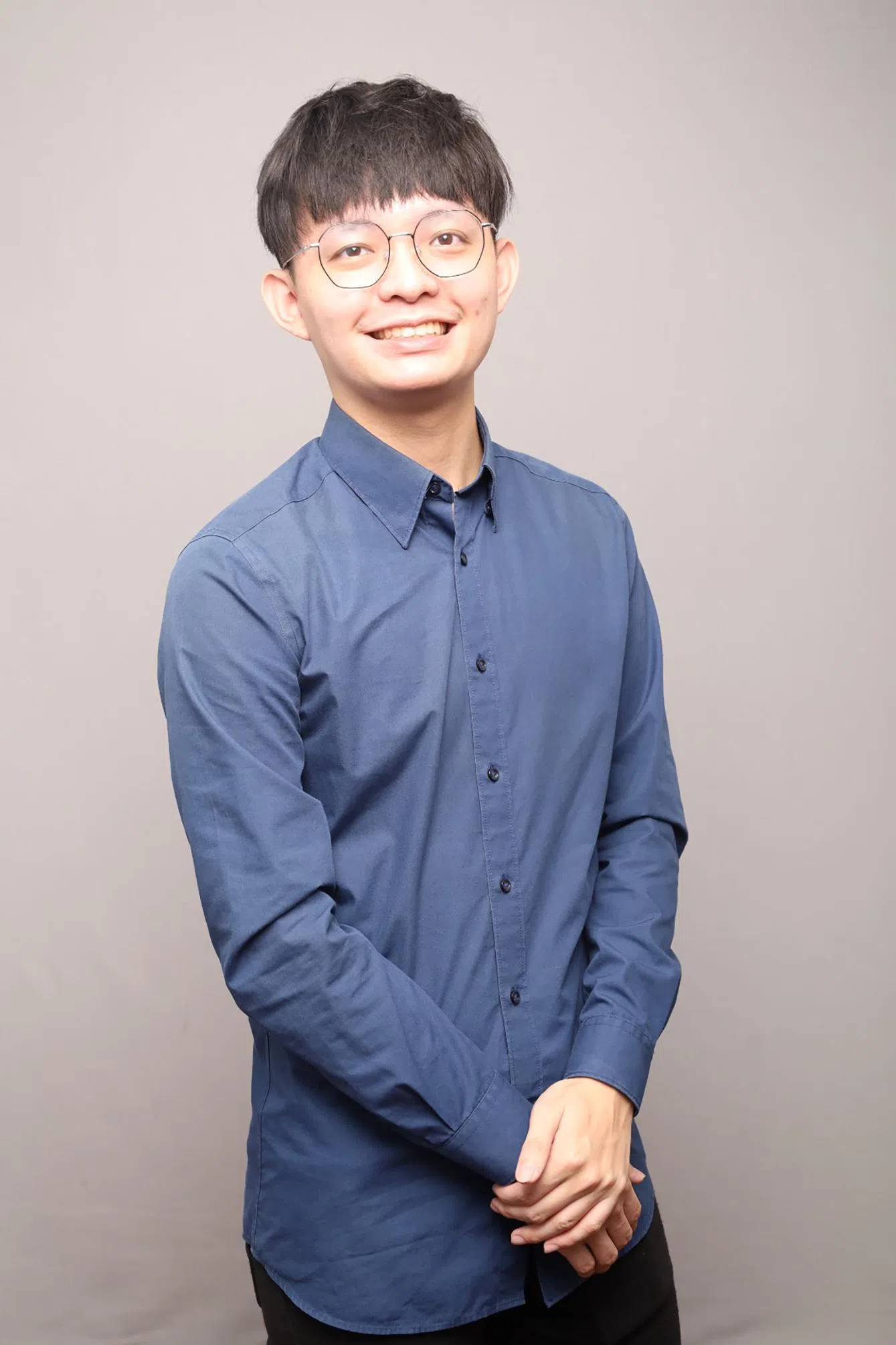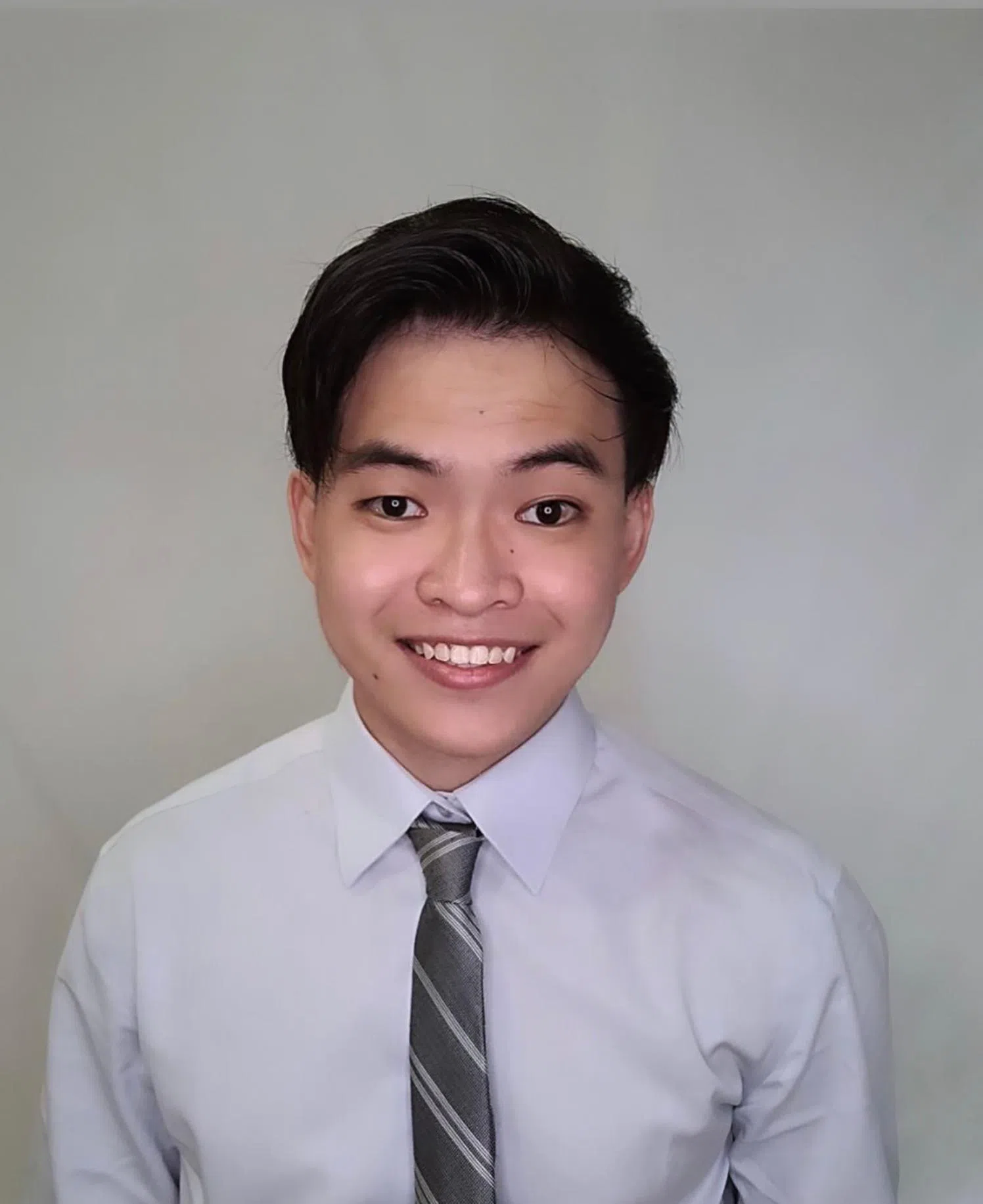askST: Are year-long internships worth the time spent?
In this askST series on university education, The Straits Times answers questions about what students could gain from pursuing degrees at the Singapore Institute of Technology (SIT).
Sign up now: Get tips on how to help your child succeed

The longer work attachments at the Singapore Institute of Technology do not extend the duration of students’ undergraduate studies.
ST PHOTO: GAVIN FOO
Q: SIT is known for offering longer internships. How do such work attachments benefit the students, and do they extend the length of their degree studies?
A: No, SIT’s longer work attachments do not extend the duration of students’ undergraduate studies, which are mostly concluded within three to four years. All internships take place during term time or holiday periods.
SIT’s flagship Integrated Work Study Programme (IWSP) gives students eight to 12 months of relevant work experience through a company attachment. The programme, which is credit-bearing, is integrated tightly with the curriculum and designed to reinforce classroom learning through application in the real world.
Students get a taste of the working world from the very start of the programme.
Before going on the IWSP, they take part in career skills workshops as part of a module in career and professional development. This helps them to identify career goals, build their resume, develop interview skills and employ different strategies to search for jobs.
They are expected to go through a competitive recruitment process, with the prospective employer assessing each applicant on his or her merits, just like in a real job search.
Professor John Thong, SIT’s deputy president (academic) and provost, said that with longer internships, companies can assign students substantive projects, allowing them to develop further in their chosen discipline.
This is in line with SIT’s applied learning approach, which emphasises experiential and authentic learning based on real-world problems.
Students may work on capstone projects in collaboration with their IWSP companies, and learn to work with industry supervisors to identify and scope projects.
SIT has gone the extra step to boost students’ job readiness.
In the academic year 2022, it started a new pathway known as Term-In-Term-Out (Tito) for selected degree programmes, which lets students gain work experience as early as in their first year of study.
Students on the Tito pathway divide their time between the university and the workplace every year. By the end of their undergraduate studies, they would have spent about 40 per cent of their time learning at the workplace, without extending the duration of their degree programme.
Learning in industry and at school becomes more intertwined, with work challenges that arise during their industry attachments potentially evolving into final-year projects.
In 2022, SIT secured the commitment of 15 companies – ranging from banks to logistics companies – for three degree programmes on the Tito pathway. They are applied computing (with fintech specialisation), digital supply chain and robotics systems.
Q: What do job prospects look like for SIT graduates?
A: The IWSP gives graduates a head start to their careers,
One in two 2021 SIT graduates received job offers from their IWSP companies before graduation, with more than half of them accepting the offer.
Some companies also recognise their work experience gained during their internships and remunerate them accordingly.
For example, SIT students who do their IWSP with transport operator SMRT and meet the requirements are offered full-time roles there, with their eight- to 12-month IWSP counted as part of their full-time service in the company.
While the university does not have comparative data on the salaries of graduates who took on jobs with their IWSP companies, Prof Thong said SIT graduates in general remain sought after by industry and their salaries are competitive.
For the cohort that graduated in 2021, 96 per cent were employed within six months of graduation, with 86 per cent in full-time permanent positions. This surpassed pre-pandemic levels, with improvements across various sectors.
For some disciplines such as engineering, information and communications technology (ICT) and allied health, 100 per cent of their graduates were employed.
Starting salaries for 2021 SIT graduates also surpassed pre-pandemic levels and reached an all-time high.
The median gross monthly salary of the graduating cohort in 2021 in full-time permanent jobs was $3,550, up from $3,500 in 2020. Results for those who graduated in 2022 will be released in September 2023.
Those from certain programmes in ICT and engineering continued to command higher wages.
SIT graduate Gary Koh, 27, graduated in 2022 with a Bachelor of Engineering with Honours in Information and Communications Technology, majoring in information security.
He was hired by the company he was attached to during the IWSP, but has since joined another firm in the finance industry as a cyber-security analyst.
“In terms of job prospects, it is also easier for us to join the company as full-time employees, as we had been there for at least a year and everyone already knows us,” he said.
“It also helps us if we are joining another company. Our resumes show that we have done industry projects and have a year of experience in the industry as compared with other graduates with less internship experience,” he added.

Mr Gary Koh was hired by the company he was attached to, but has since joined another firm in the finance industry.
PHOTO: COURTESY OF GARY KOH
His supervisor during his 12-month IWSP was also more willing to give him “real work” with direct exposure to projects.
“I had done three- to four-month-long internships during my polytechnic days and most of the time, during these attachments, interns are often made to perform administrative tasks that do not contribute much to their growth,” said Mr Koh.
Mr Areeve Gam was eventually hired by his IWSP company, where he had spent 12 months gaining real-world industry experience.
The technology functional analyst said: “I worked with my team to support various phases of the software development lifecycle such as developing, coding, testing, deployment and software maintenance of applications and products.
“I was exposed to exciting work with our clients across different industries by bringing new ideas and innovation, improving the way operations are run. I also had the opportunity to use some of the most advanced technology around cloud engineering and operations and automation.”

Mr Areeve Gam was hired by the IWSP company where he spent 12 months gaining real-world industry experience.
PHOTO: COURTESY OF AREEVE GAM
The career coaching and mentorship provided during the programme was also invaluable, he said, adding: “The 12-month attachment was ideal. I was able to see through many projects to completion and fully experience how we use advanced technologies and innovate with our clients to solve their challenges.
“It also made the transition to the corporate world and my current work with Accenture easier.”




